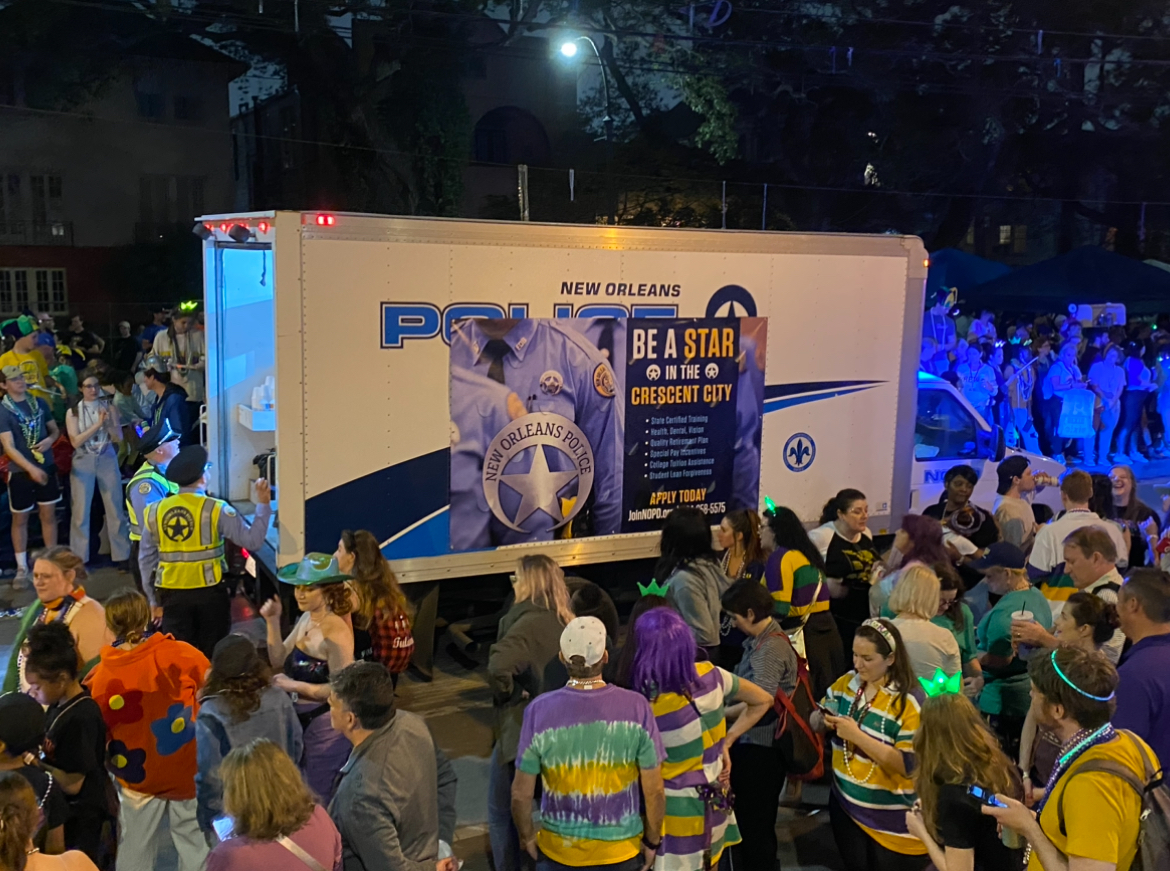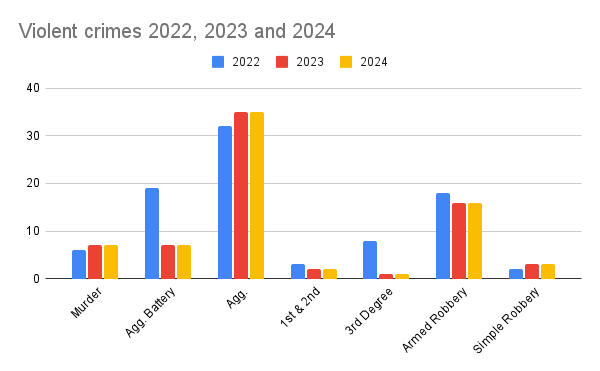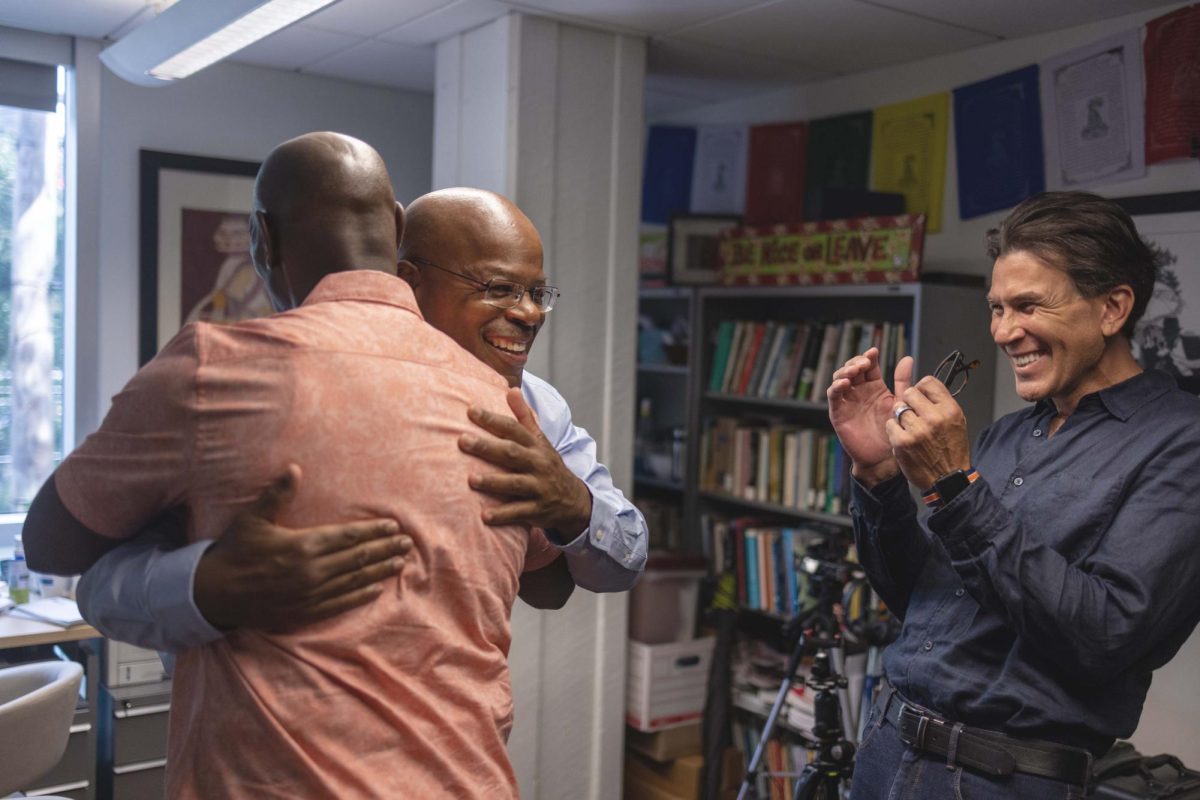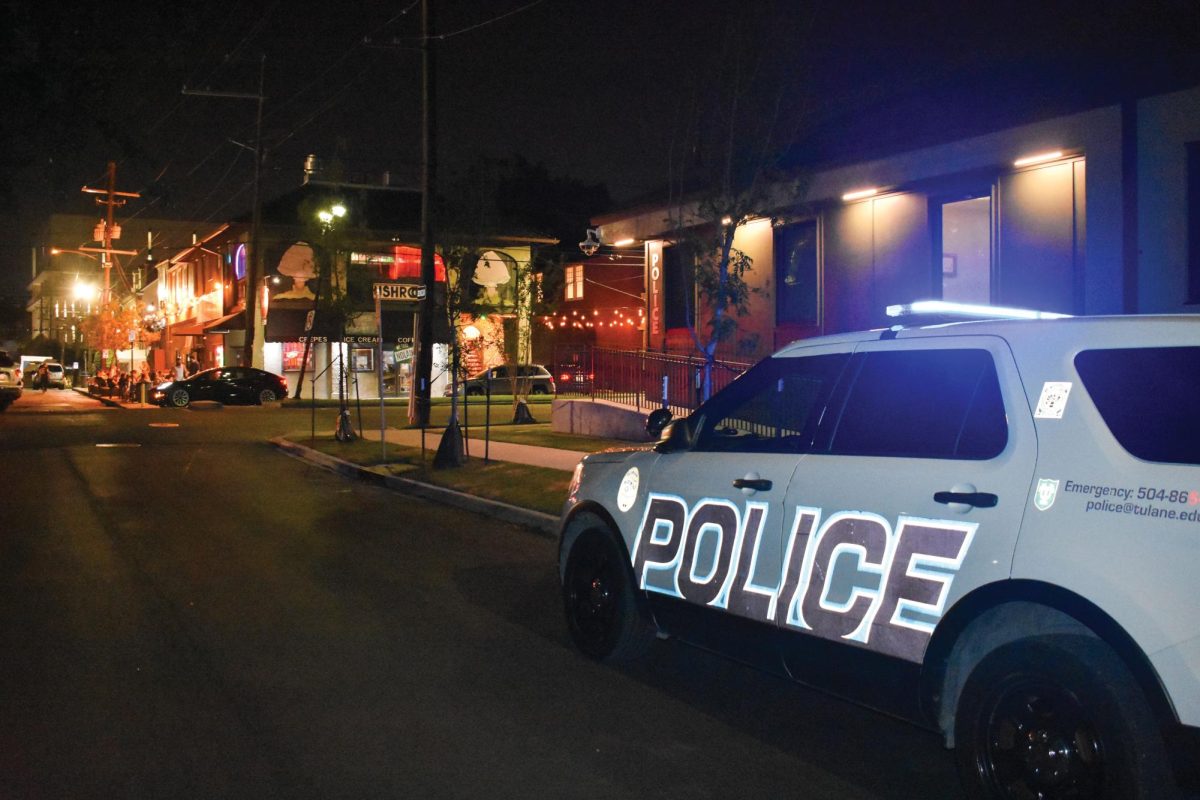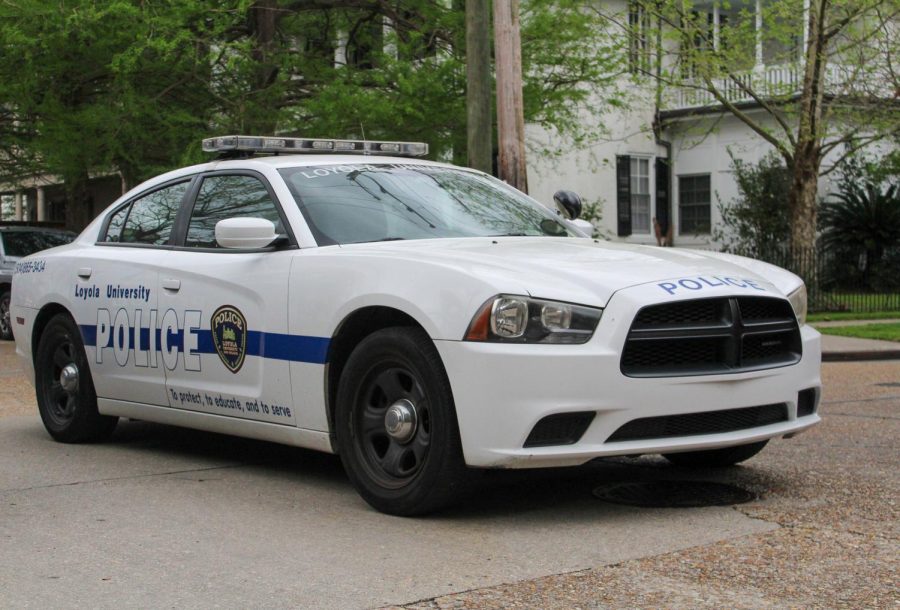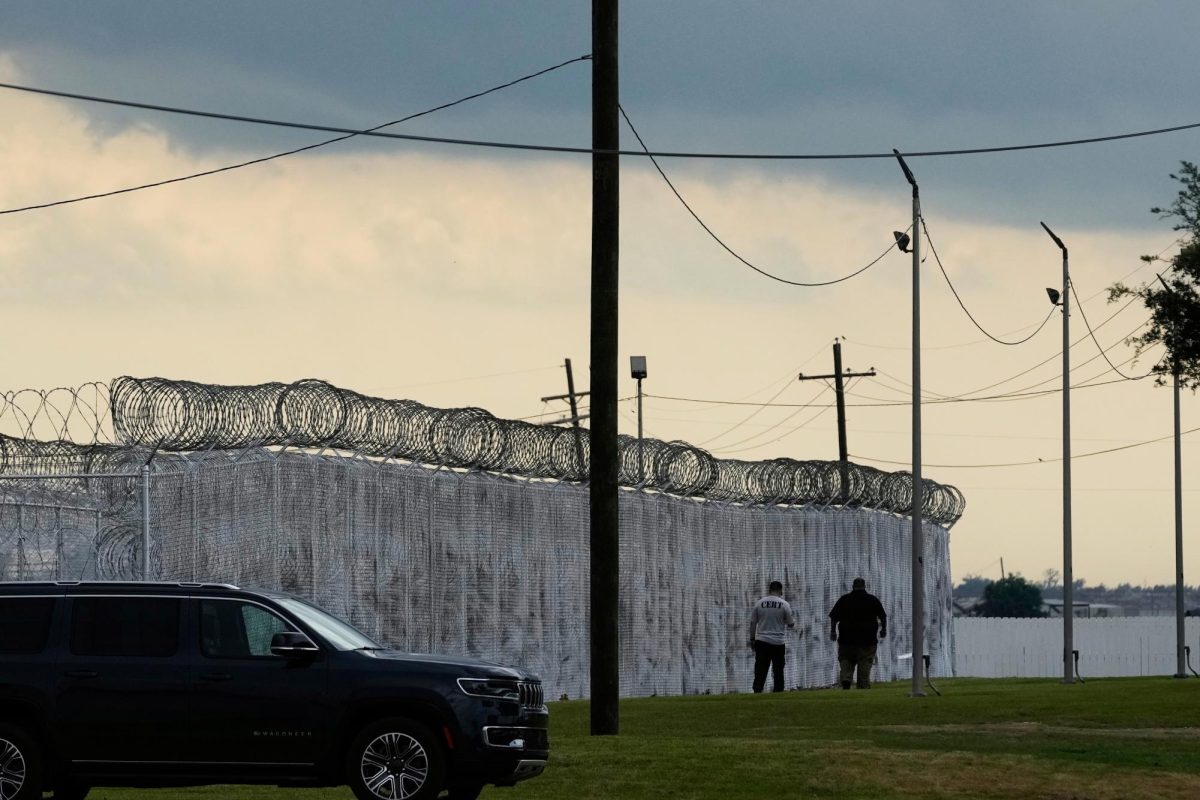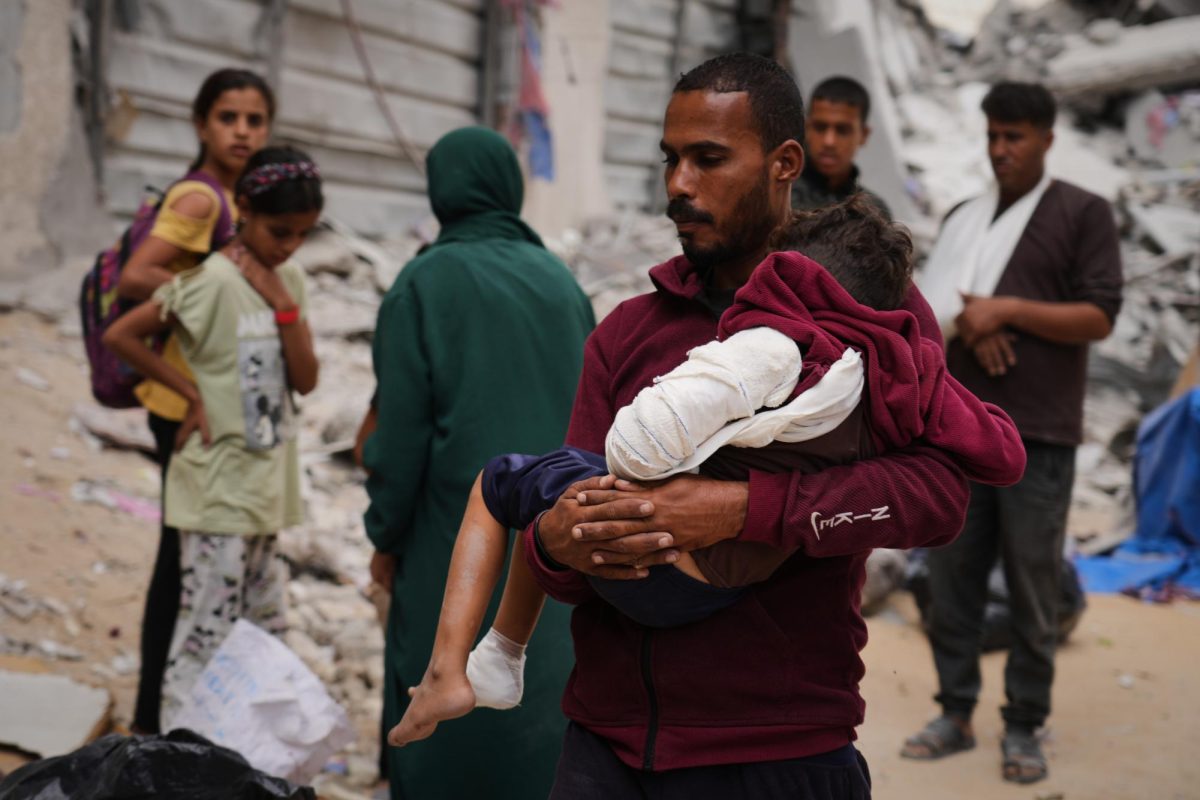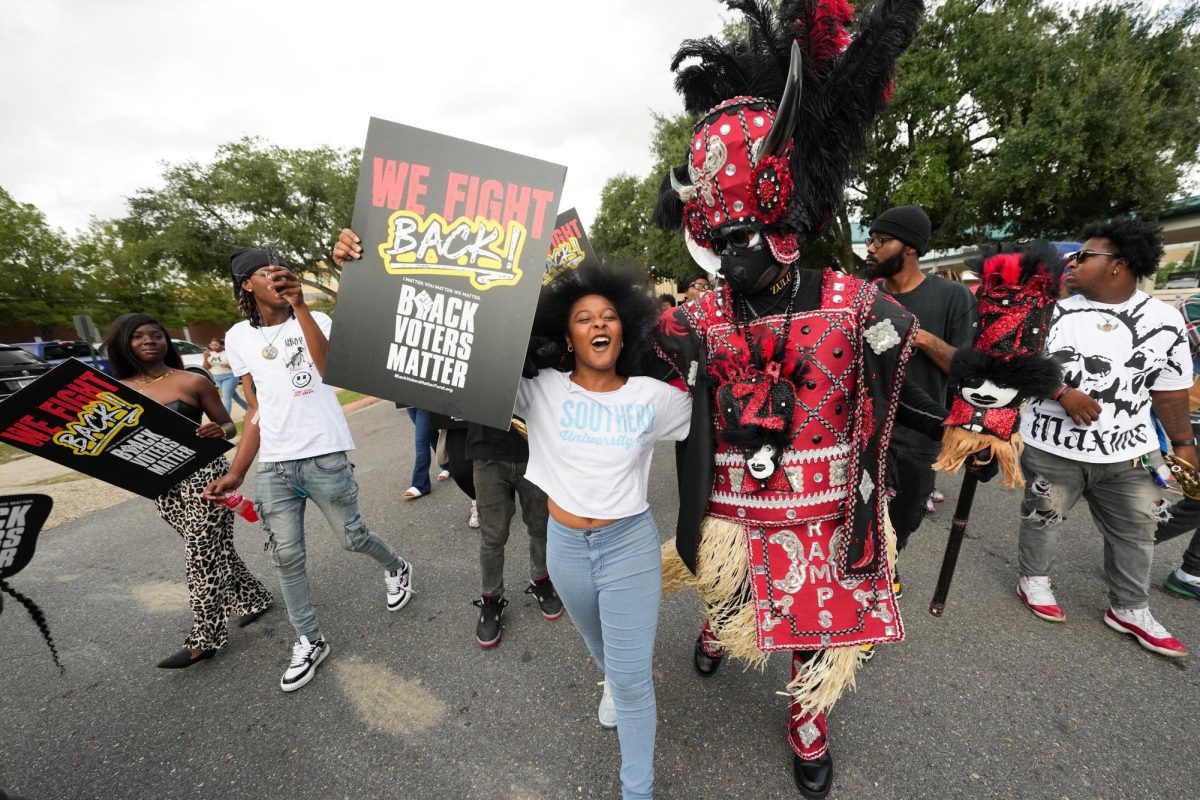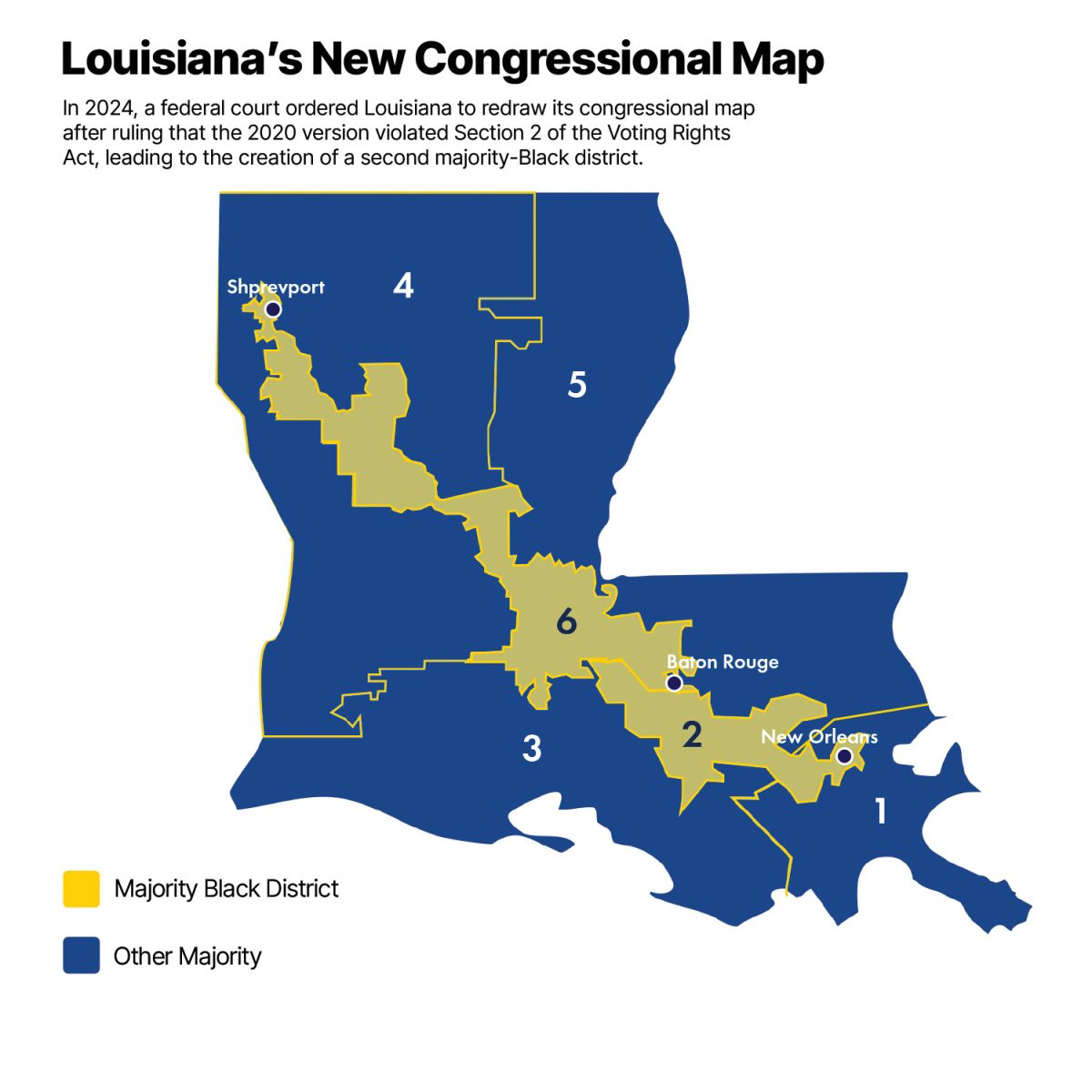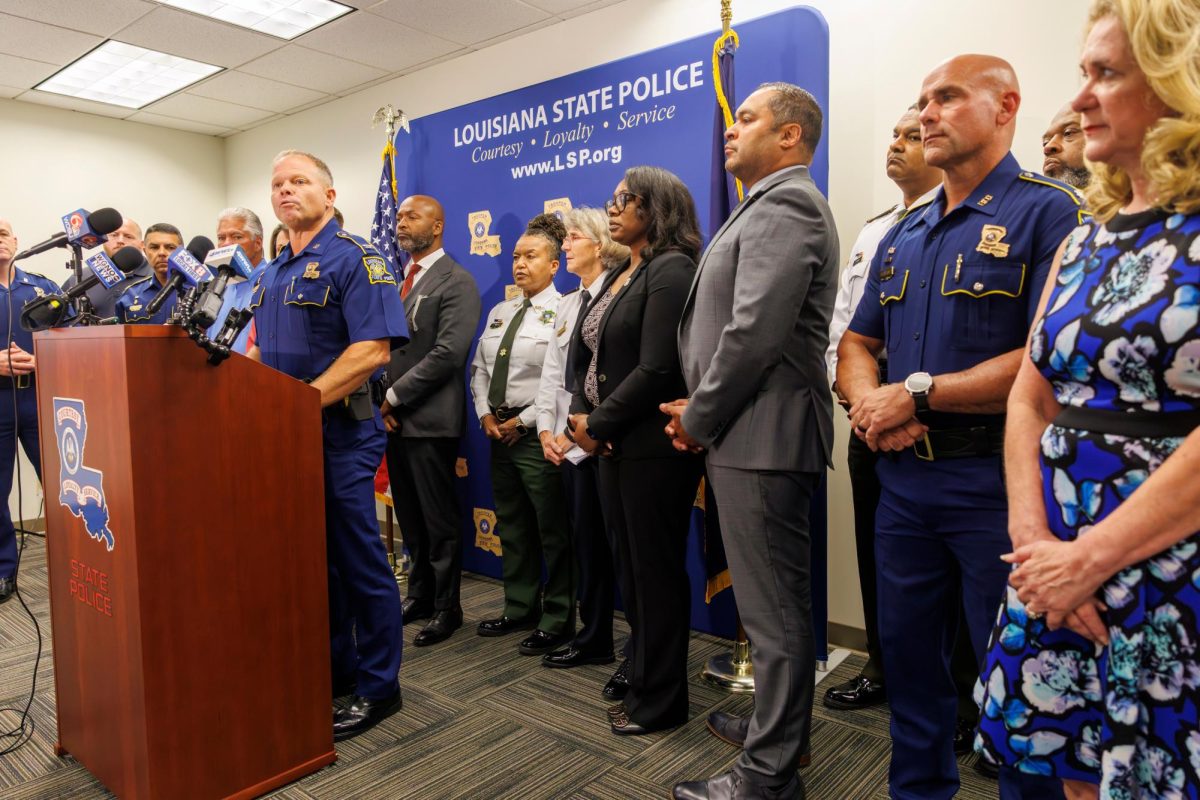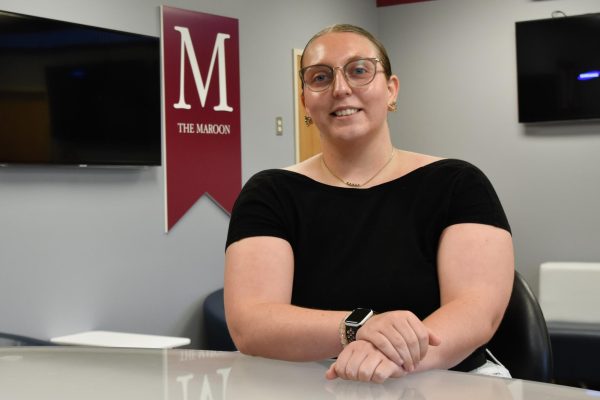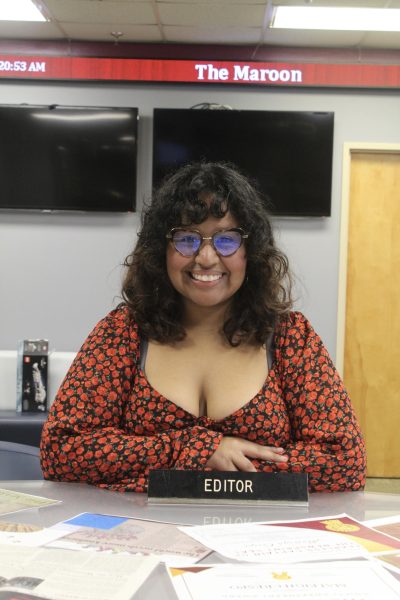As Mardi Gras season came and went, LUPD braced for crime on campus, but none came, according to Loyola University Police Department Lieutenant Patrick Martin.
With an uptick in population in and around campus, there is always the worry of crime, Martin said.
For Loyola’s community, Martin said that this past celebration was particularly peaceful compared to years prior.
LUPD has a different strategy to dealing with the crime that Mardi Gras brings, like heightened patrolling around areas where students would be coming back from the parades.
“We do change our patrol strategies to be a little more open to the public,” Martin said. “[We] monitor when parades are ending and when the mass of people are returning, so that [we] can get more people out there.”
Blake Braud, an environmental studies junior, has lived in New Orleans his whole life, growing up around Mardi Gras and the crime that it brings.
Braud said crime is expected during Mardi Gras, and this year, it wasn’t as bad.
Braud lives in Cabra Hall and said he felt safe overall, but added that he saw what he perceived as a lack of organization with the front desk on the Broadway campus, as there was not a person present constantly, especially overnight.
“I feel like the desk assistants and the housing director could have done a better job at keeping the overnight staff here consistently or earlier,” he said. “Because students want to have fun.”
French education freshman, Chloe Stack, celebrated her first Mardi Gras in the city and said for the most part she felt safe. She shared similar concerns about nighttime safety around campus. Stack said she wished she saw more officers patrolling around campus after sundown.
“When I was around at night, like midnight, I would maybe see one guy, and I’d see him once throughout the night and then never again. So, I feel like more active patrolling could be beneficial,” Stack said.
This year, Loyola brought in Allied Security, which is private security that maintained the desks in the residential halls [from 10 p.m. to 4 a.m.] to make sure students felt safer in their dorms, Martin said.
The security was also there to control the amount of people being brought into the residential halls.
“Anytime that you are in an urban or densely populated area, more and more people means more opportunities. I don’t think people should live in fear,” Martin said.


